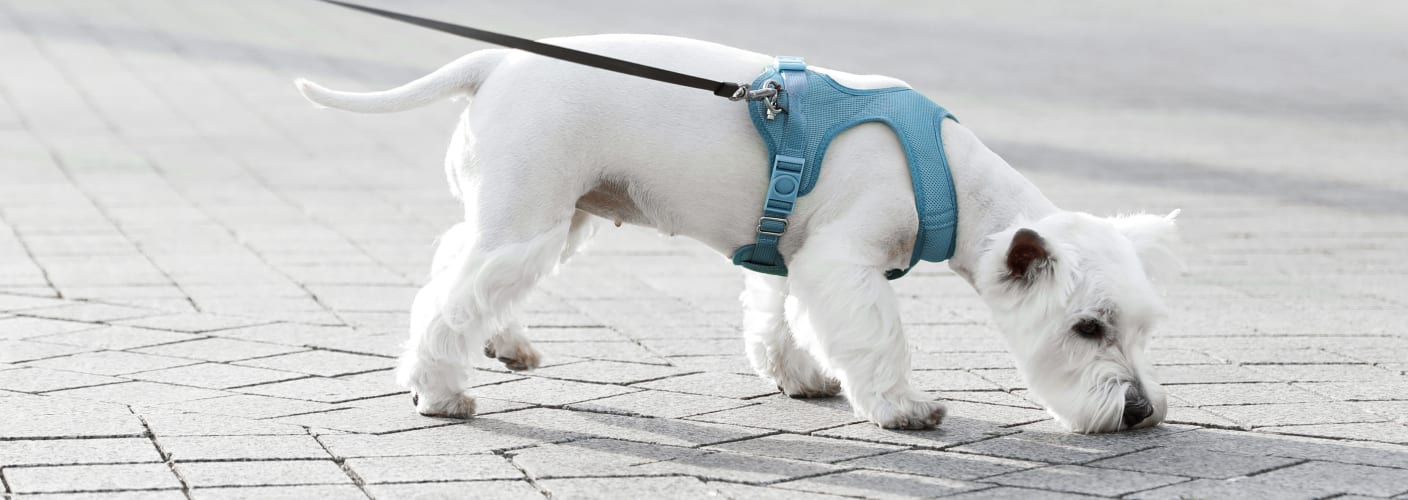
One of the most common problems we see in cats is diarrhea. Depending on your cat’s lifestyle, this could be caused by a number of factors. Our Erin vets are here to tell you what you can do if your cat has diarrhea.
Diarrhea in Cats
Diarrhea is a result of faster movement of fecal material through the intestine combined with decreased absorption of water, nutrients, and electrolytes.
Diarrhea is not a disease, but rather is a potential sign of many different diseases. Diarrhea may occur as the only sign or as one of several signs of a more generalized problem, or with signs that result from prolonged or severe diarrhea.
How do you know if your cat has diarrhea?
If your normally well-trained cat suddenly starts having accidents around the house and the stools are unformed to fluid, then diarrhea is obvious. However, if the cat is still using the litter box and covering up its feces or defecates outdoors, you may not initially notice diarrhea.
Staining and soiling of the fur around the back end in longhaired breeds is often associated with diarrhea. It is important to remember that the consistency of stools can change even in healthy cats. If frequent liquid or semi-liquid stools persist for more than two days, you should consult your veterinarian. If you have more than one cat, you will need to determine which one has diarrhea or if it is occurring in multiple cats.
Causes of diarrhea in cats
This would be an exhaustively long list if we went into everything that can cause your cat to have loose stools, but here are some of the general categories:
- Parasites
- Infections
- Dietary indiscretion or diet change
- Stress
- Primary inflammatory disorders
- Metabolic diseases
- Medications/toxins
- Constipation
How to treat diarrhea in cats
Because there are so many potential causes of diarrhea in cats, you should check with your veterinarian for the best course of treatment. Some of these causes need specific therapy, but some of the others may resolve on their own with simple, supportive care. In those cases what might your veterinarian advise you can you do at home?
- Change Your Cat’s Food - Don't withhold food from cats who have diarrhea. That could stop the intestinal tract’s ability to heal itself and put your cats at risk for other complications. It is best to eliminate any treats or table scraps and give only the cat food that you offer every day. If you have recently changed your cat’s diet, go back to what you were previously feeding and see if your cat’s diarrhea resolves.
- Digestible Fiber - Some types of cat diarrhea get better with a low-fiber (highly digestible) diet. If your cat doesn’t have diarrhea all that frequently but when he does he produces a lot of stool, a low-fiber diet could be worth a try. Look for foods that are advertised as being highly digestible or good for cats with “sensitive stomachs.”
- Give Plenty of Water and Electrolytes - Cats with diarrhea need to drink lots of water to prevent dehydration. Keep your cat’s water bowls filled with fresh, clean water, and consider adding an extra bowl that contains diluted chicken or beef broth. Another easy way to increase your cat’s water intake is to switch him from kibble to a canned diet.
- Add Probiotics - Healthy bacteria in a cat’s intestinal tract is necessary for digestion. Sometimes when they are disrupted, a cat will have diarrhea. Probiotic supplements can help return a cat’s intestinal bacterial population to normal. Pick a probiotic that is labeled for use in cats and made by a reputable company.
- Anti-Diarrhea Medication - Most anti-diarrheal medications should not be used on cats without veterinary supervision. Some are downright dangerous, so contact your vet to determine if a prescription for this medication can help your feline friend.
When to worry about your cat's diarrhea
If your cat has relatively mild diarrhea, is not vomiting, is eating and drinking, and doesn’t seem to feel too bad, it’s reasonable to try some home treatment. If, on the other hand, any of the following describes your cat’s condition, call your veterinarian immediately:
- Your cat is very young, very old, or has an underlying health problem that could make him vulnerable to the effects of dehydration.
- Your cat is vomiting, lethargic, depressed, in pain, or has any other worrisome symptoms.
- The diarrhea is profuse, watery, explosive, or very frequent.
- The diarrhea contains blood or is dark and tarry.
Note: The advice provided in this post is intended for informational purposes and does not constitute medical advice regarding pets. For an accurate diagnosis of your pet's condition, please make an appointment with your vet.

